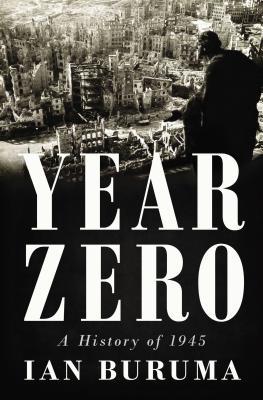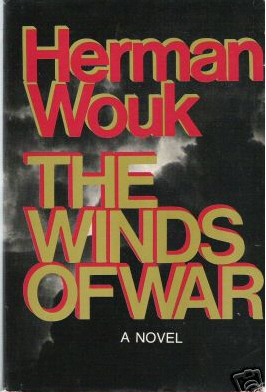My book club recently read
The Man Who Broke Into Auschwitz by Denis Avey. Since such a regular part of my my day job is reading and writing about World War II and the Holocaust, I usually shy away from the subject during my free time. But this memoir was a gripping read. Avey's first-hand accounts of fighting in Africa, multiple captivities as a POW (and several daring escapes) definitely gave me a new perspective on the conflict. It also got me thinking about some other books about World War II I have read recently and enjoyed.
Non-Fiction:
Bloodlands: Europe Between Hitler & Stalin by Timothy Snyder: One of the best works I've read about the complex power dynamics between Germany and Russia and their designs on the territories situated between them.
Bloodlands illustrates that the German ideology of Lebensraum, by which colonization eventually led to mass murder of Slavic people to the east, was rooted in a much longer history, and helps us better understand how such Nazi atrocities as the Holocaust came to pass. However, the massive work examines numerous lesser known German and Russian policies of murder and genocide including the Soviet famines such as the Holodomor, during which an estimated 10 million Ukrainians perished. No other book I've encountered discusses the vast scope of the horrors committed by both countries during this period, with Snyder estimating civilian deaths around 14 million.
Year Zero: A History of 1945 by Ian Burma: This book explores the complicated history of how the war ended and what happened afterward. How did the conquerors treat the conquered? How did citizens of occupied countries forgive and learn to live with their fellow citizens who collaborated with the enemy? Why did some choose to collaborate? How did the destruction of their infrastructures change their economies? And, most interesting, how did the fallout of World War II create the Europe and Asia of today. Burma is an engaging writer who does a remarkable job of clearly explaining complicated concepts. This book distilled a vast amount of information about both fronts of the war and made for an enjoyable read.
Fiction:
The Winds of War (1971)
and
War & Remembrance (1978) by Herman Wouk: Undoubtedly the best works of WWII fiction, both volumes are filled with compelling characters and explore such historical subjects as FDR's Lend Lease program and the plight of Jews who did not escape occupied territories before the Nazis began transporting them.
A Fierce Radiance: A Novel by
Lauren Belfer
(2011): This work of fiction is really about the development of antibiotics during World War II but it gives us a taste of what life would have been like in the U.S. during the war, while examining the civilian war effort and the ways the development of penicillin changed the trajectory of the conflict. Great read! (I also loved her book City of Light about the 1901 Pan-American Exposition in Buffalo.)
What WWII books would you recommend?








Comments
Post a Comment